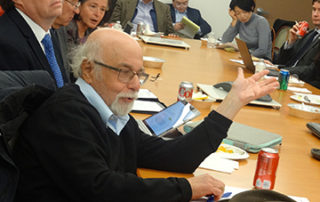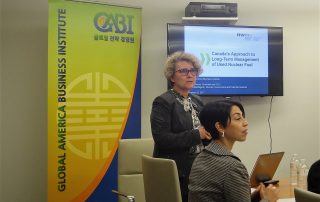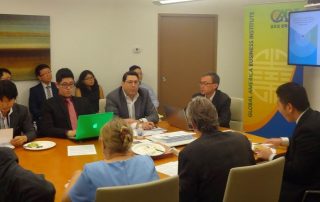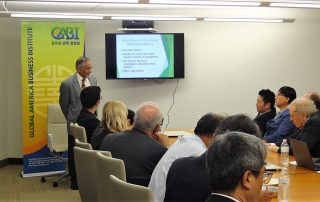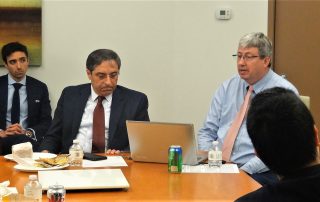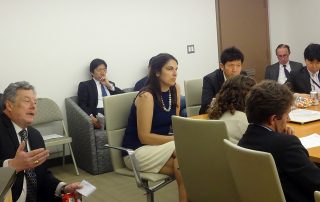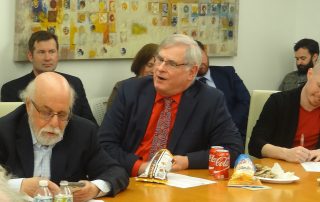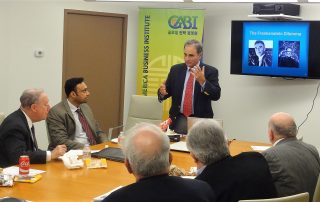GABI organizes nuclear energy roundtable discussions on a diverse range of topics that are relevant to nuclear markets both in the United States and globally. The discussion topics range from the civil nuclear partnerships, nuclear safety, nonproliferation, spent fuel management, international R&D and commercial collaboration, market and industry forecasts, and other related topics.
The Department of Energy Notice of Proposed Rulemaking: Grid Resiliency Pricing Rule
The DOE Notice of Proposed Rulemaking (NOPR) for consideration and final action by the Federal Energy Regulatory Commission seeks to "protect the American people from the threat of energy outages that could result from the loss of traditional baseload capacity." To that end, the NOPR proposes greater valuation of the reliability and resiliency benefits provided

